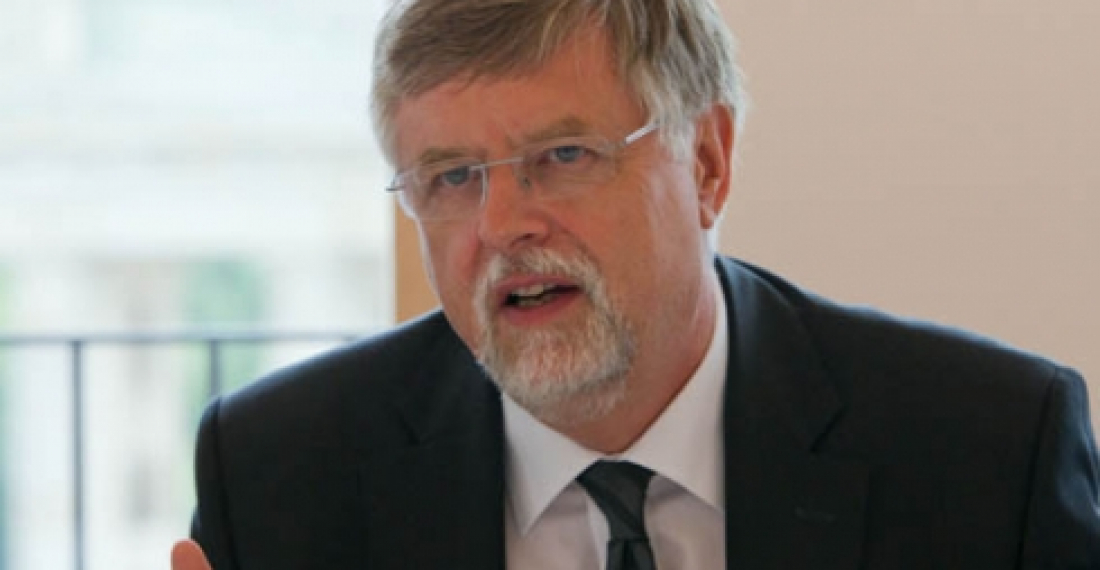The Council of the European Union, representing the 28 member states, has re-apponted Ambassador Herbert Salber as the EU Special Representative for the South Caucasus. Ambassador Salber's appointment is extended until February 2017.
Ambassador Herbert Salber was appointed as EU Special Representative for the South Caucasus and the crisis in Georgia on 8 July 2014. His task is to contribute to a peaceful settlement of conflicts in the region, including the crisis in Georgia and the Nagorno-Karabakh conflict, as well as to encourage regional cooperation. In particular, the Special Representative co-chairs and participates on behalf of the EU in the Geneva International Discussions on the consequences of the 2008 conflict in Georgia.
Commonspace.eu political editor said in a comment that the role of the Special Representative for the South Caucasus is very important despite the fact the European Union maintains full delegations in all three South Caucasus countries. They however are primarily responsible for bilateral relations. On the other hand the EUSR tends to focus on wider issues such as conflicts and regional co-operation. Since in the region there are also three unrecognised or partly recognised entities that operate as quasi states, Abkhazia, South Ossetia and Nagorno-Karabakh, the EUSR also maintains some channels of communication open with them, despite the fact that the EU does not recognise the independence and sovereignity of these entitites. This is necessary to ensure that the EU has lines of communication with all sides involved in conflicts in the region. The Special Representative also maintains lines of communication with regional powers.
One of the first tasks of Ambassador Salber, following his re-appointment, is to participate as part of the EU delegation under the Luxembourg Presidency in the 22nd Ministerial Meeting of the OSCE in Belgrade on 3-4 December, where issues related to the South Caucasus are expected to be discussed in both the official meetings and on the margins of the annual gathering.
source: commonspace.eu







